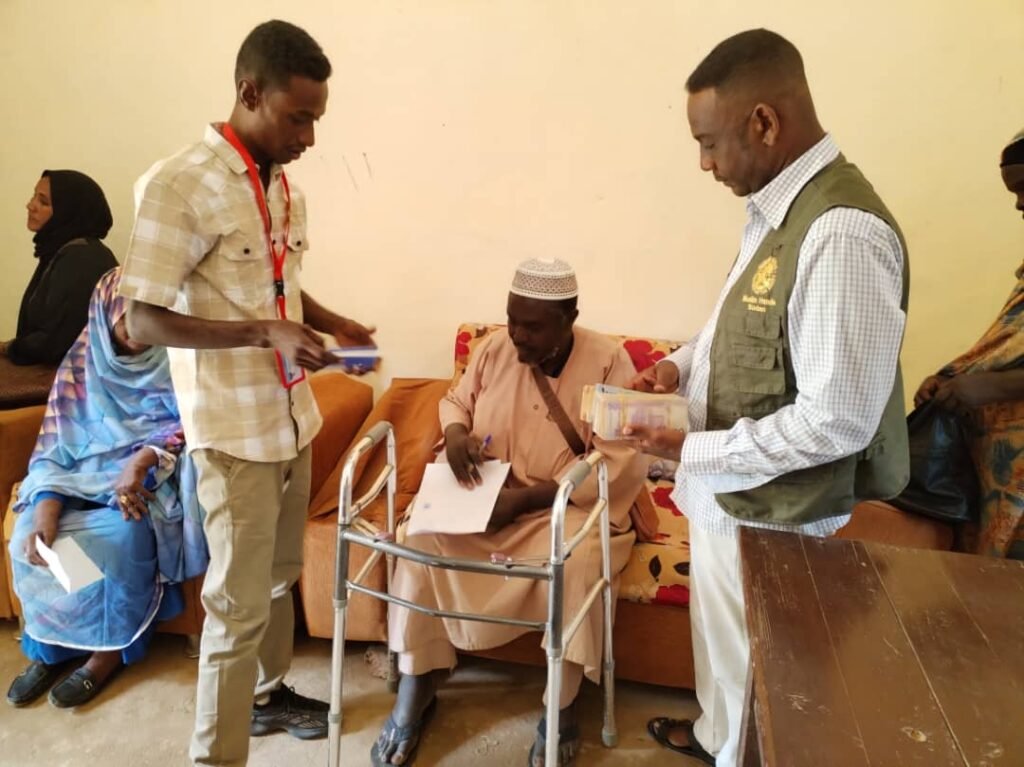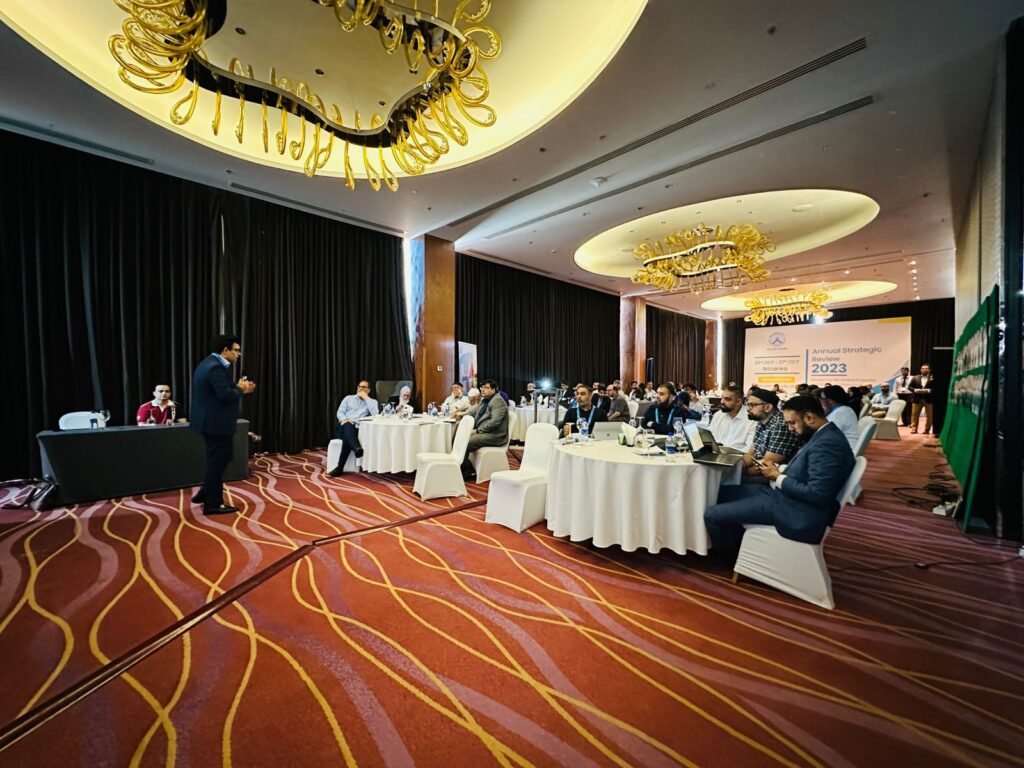HOW WE HELP
Almost all nations in the world have affirmed via the Humanitarian Charter that everyone has a right to a life with dignity, including those affected by emergencies.
We respond during times of disaster to help the most vulnerable, by ensuring that atleast the most urgent survival needs are met as per the SPHERE Minimum Criteria.
When a society gets impacted by a strong shock from a natural or man-made hazard (like an earthquake, conflict, tsunami, drought, etc.), various basic services which everyone depends on for their survival may break down and stop functioning. For example, after a disruptive disaster, supplies in the markets may stop coming (causing families to be low on food and essentials), water and sewerage may stop functioning (leaving people with no water or sanitation), health services may become overwhelmed or damaged (at the same time as society may be dealing with many injured persons), people may be driven from their homes or shelters may become damaged or destroyed (leaving all people homeless and exposed to the elements), etc.
There are many other services that society provides as well which also may break down (for instance, sources of livelihoods may shut down leaving people with no income, police and administrative services may break down, there may be electricity and communications blackouts, etc.) but the above 4 needs (WASH, Health, Food and Shelter) are identified to be life-threatening and cause a deprivation of dignity and basic rights to all those affected for as long as these basic services are disrupted.
The humanitarian sector responds to such emergency situations to bridge the needs gap created by non-functional services. It rapidly assesses needs and then provides relief in those areas which are most essential and which are disrupted.
The SPHERE Minimum Standards calls for the humanitarian sector to endeavour to ensure that at least the 4 main life-saving services of WASH, Health, Food and Shelter are adequately provided to everyone, while society is disrupted by the disaster. Further needs may also be addressed, but these are the priorities for immediate relief so as to save the most lives.
Key focus areas
- Coordinate with international humanitarian efforts and be vigilant in tracking emergencies, especially in
countries of MH direct access - Improve MH emergency response in its effectiveness and
efficiency by developing and maintaining well-structured
disaster response team
- Ensure MH emergency interventions are in line with Core
Humanitarian standards and SPHERE standards etc - Integrating emergency response with other prioirity
thematic areas of MH i.e. education in emergencies, food
security and access to



